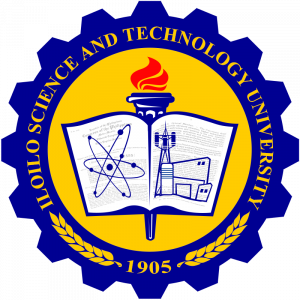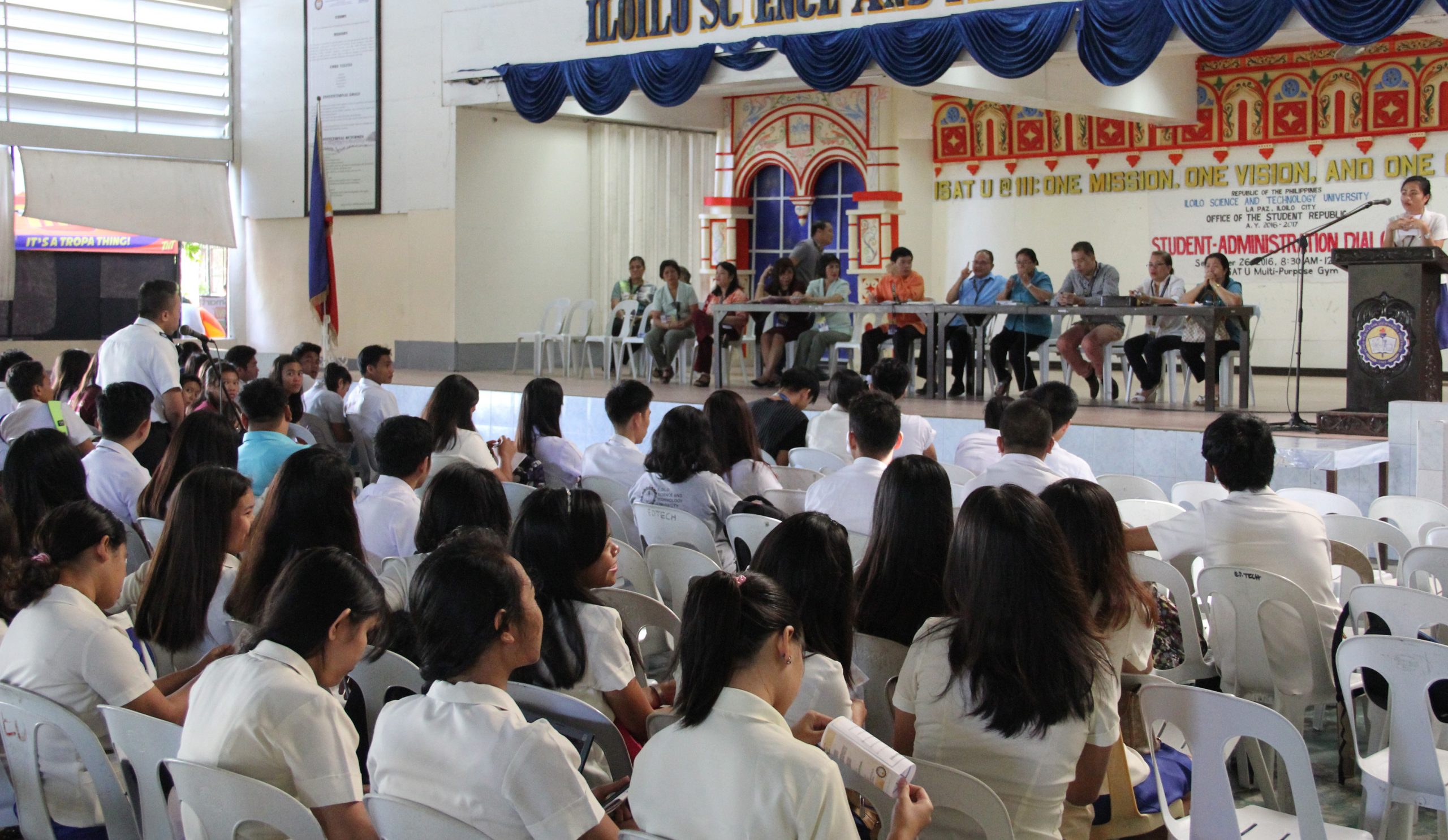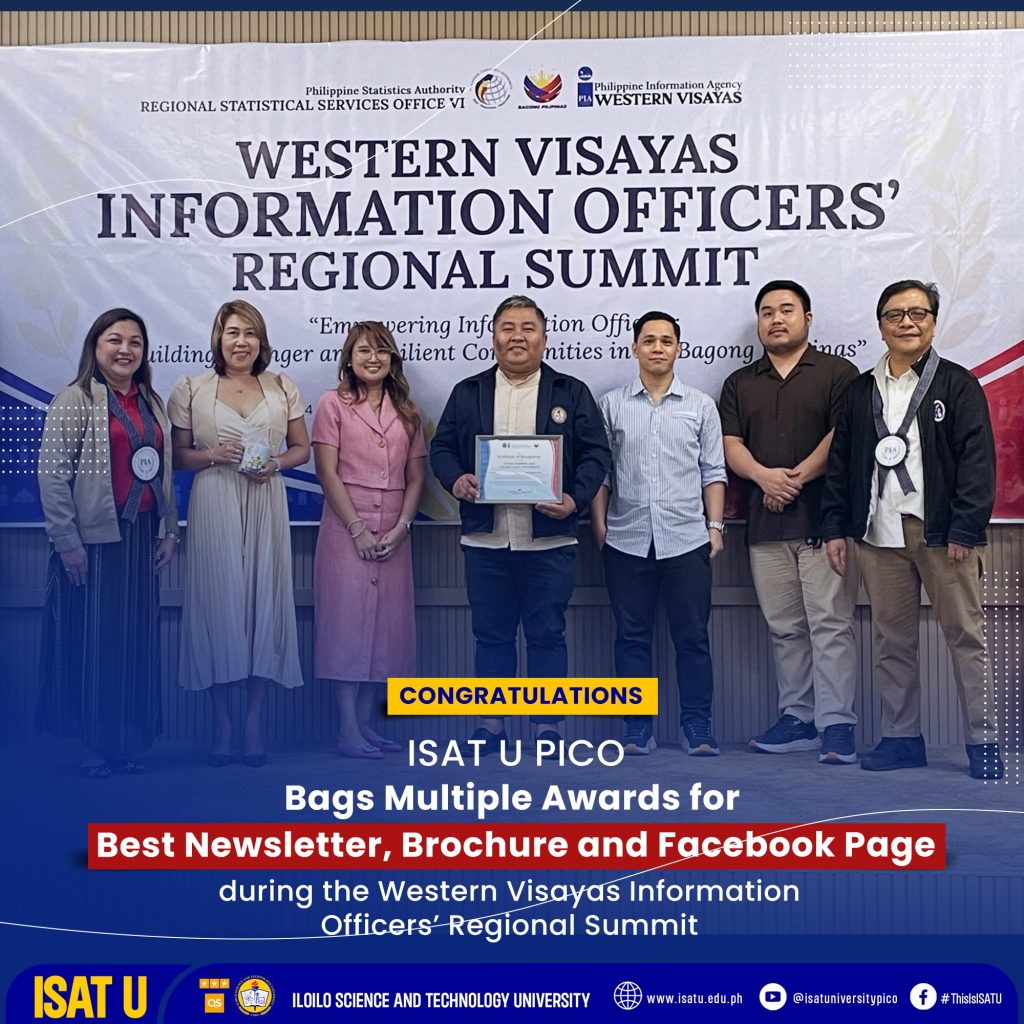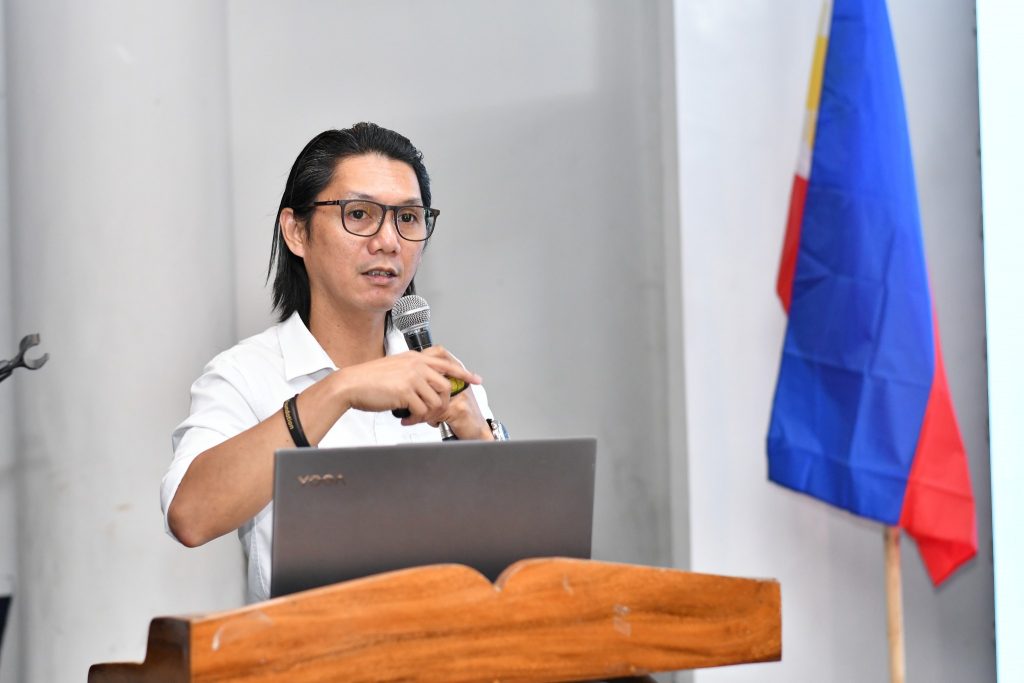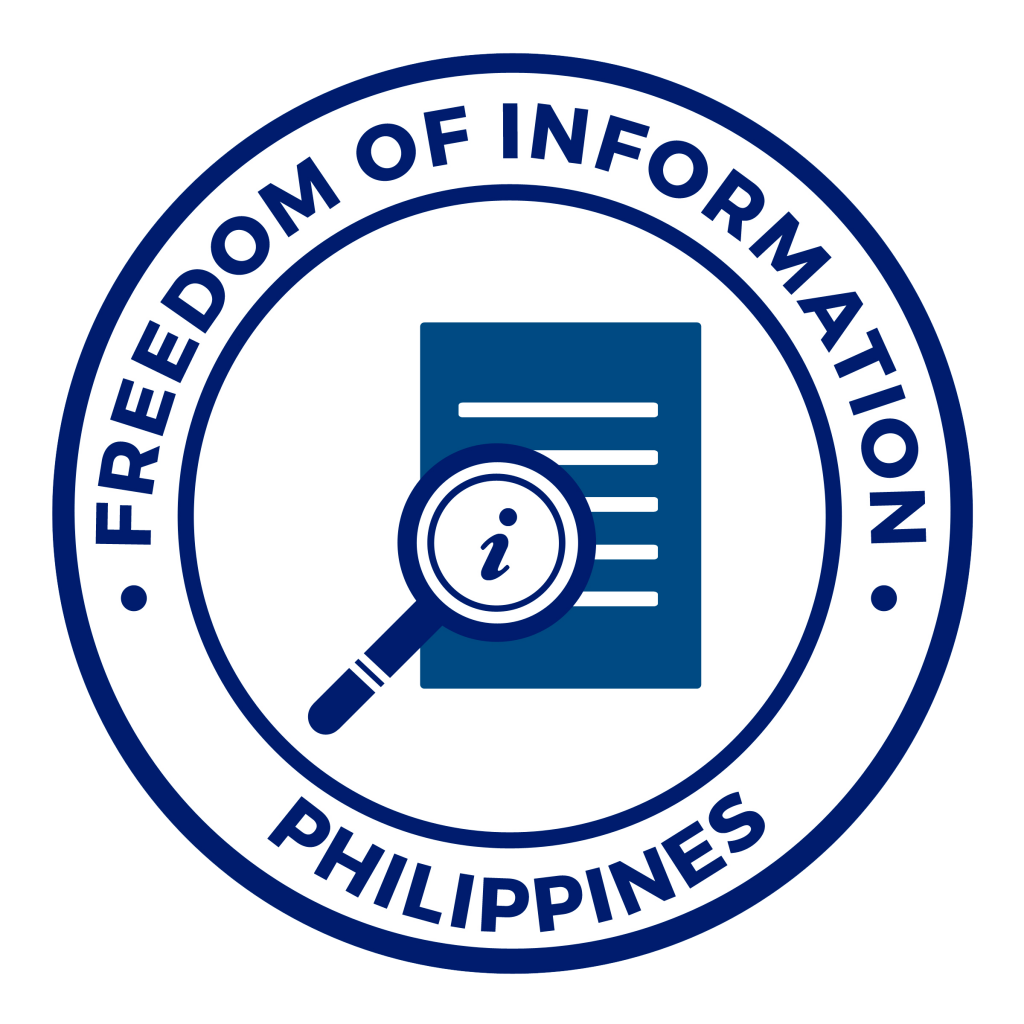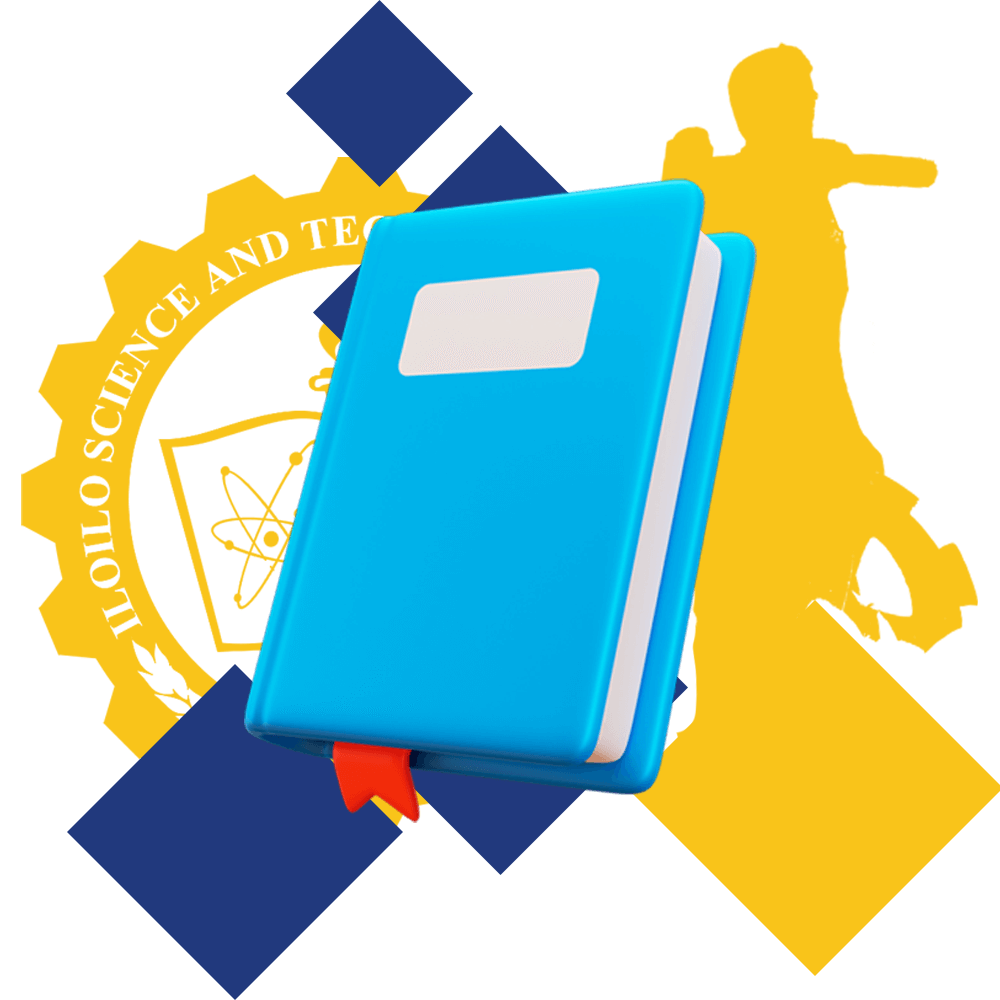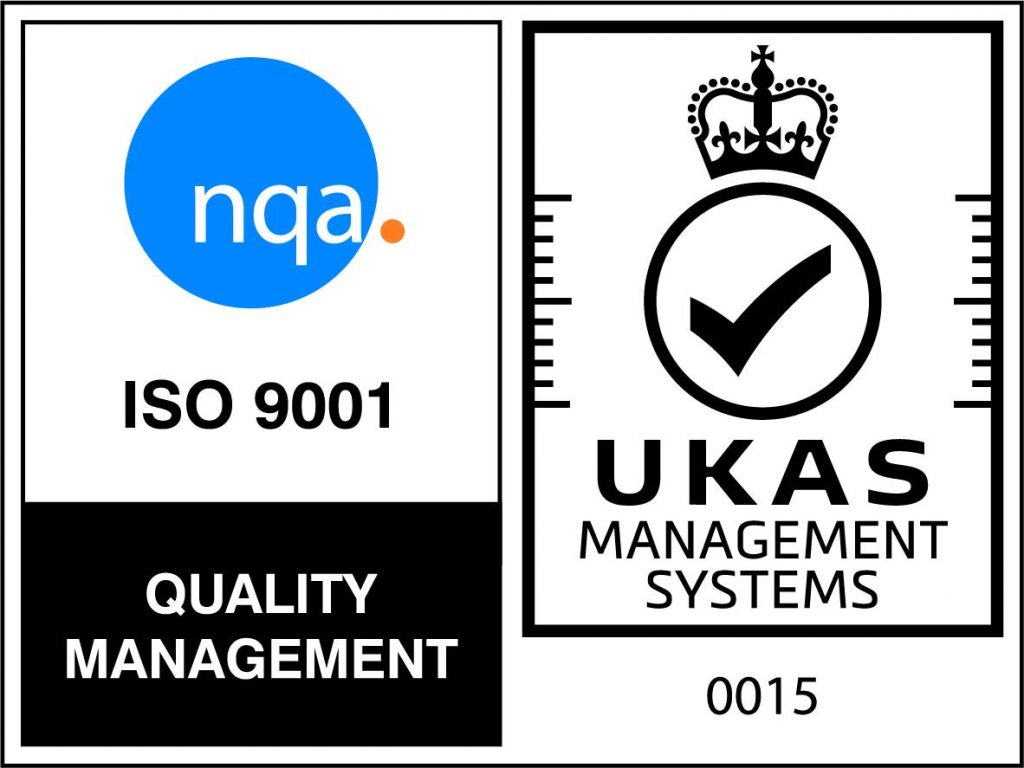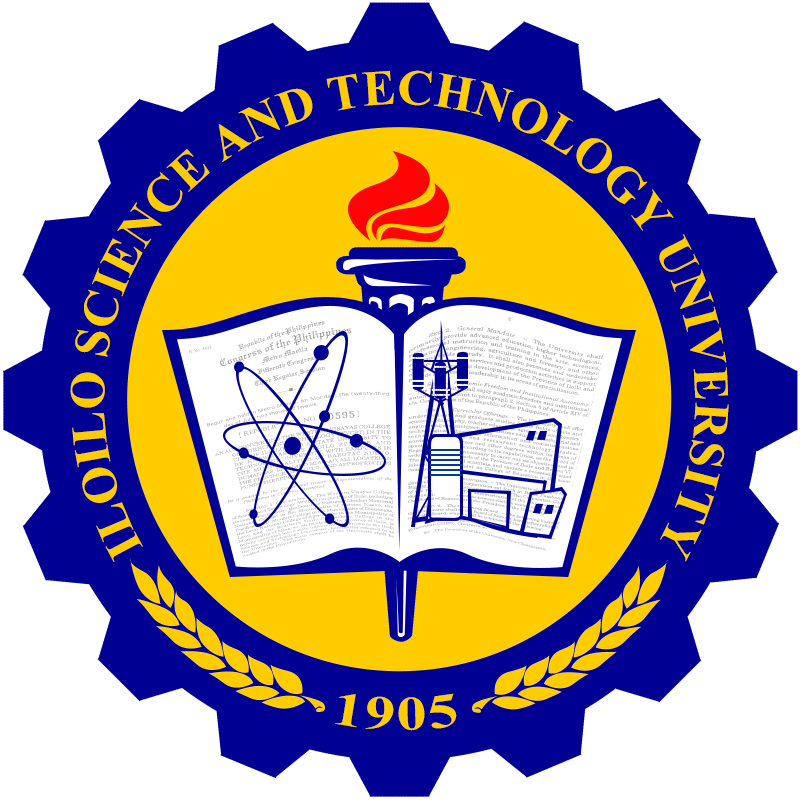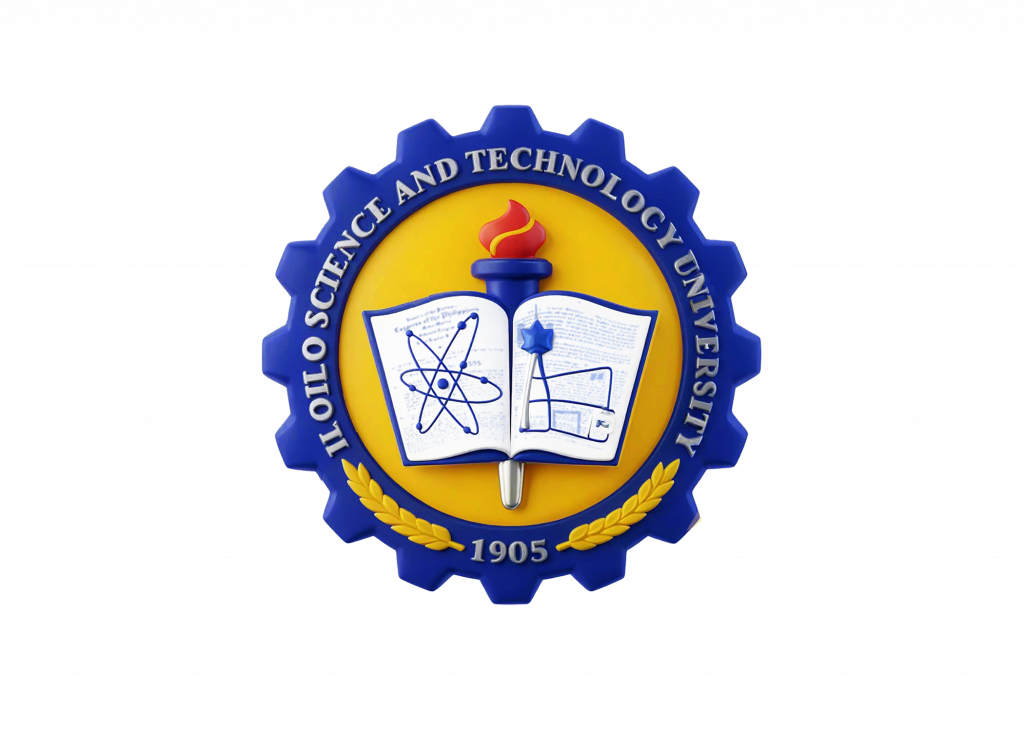
The Administrative Council Members listen to the problems and concerns raised by the students.
A student-administration dialogue attended by the students and key university officials, deans and directors who are members of the Administrative Council was held on September 26, 2016 at the University Multi-purpose Gym. The yearly activity organized by the Student Republic (SR) is a venue for the students to air their problems, concerns and complaints.
A total of 39 questions and concerns were raised in the 2 hours and 22 minutes interactions. Among the major issues discussed were the K-12 implementation, school uniforms and dress code, field trips, school facilities and services and the faculty’s behavior.
On the issue of the new school uniform, Dr. Raul F. Muyong, ISAT U President, clarified that the scheduled implementation of the University uniform for freshmen in all campuses in the second semester was moved for the next school year due to unresolved problem with the cloths’ texture. He emphasized further that the old uniforms can still be used by students in the higher years.
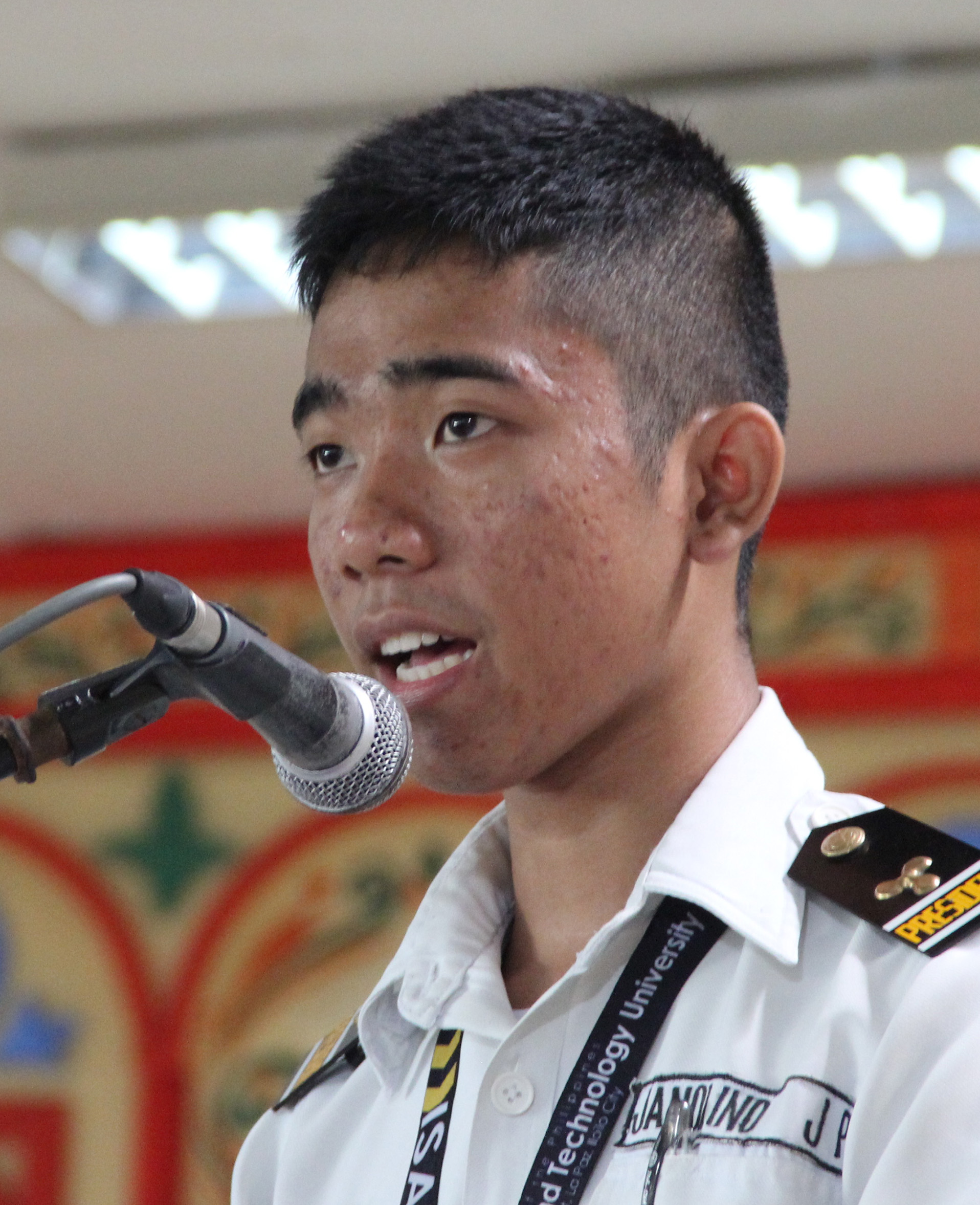
Student Republic President John Janolino encourages students to be open with their concerns and expresses his gratitude for the time given by the administration.
Decency during non-uniform days was also articulated in the dialogue. It was pointed out that the same issue was discussed with the parents in the College Community Parents-Teacher Association (CCPTA) meeting on August 21, 2016. It was reiterated that ladies are not allowed to wear tops that are sleeveless, spaghetti strapped, tubes, midriffs, hanging one shoulder blouse, halter or mesh. Short shorts, mini-skirts that fall above the knee or torn jeans are not tolerated. For the men, sleeveless, ripped shirts, or shirts with holes, shorts of any length, capri pants or torn jeans are no-no inside the campus. It was also noted that students change from school uniform to skimpy dresses which they bring along with them in the school campus. Aside from provocative clothes, tattoos and earrings for boys are not allowed in school.
In response to the query on when are field trips allowed, the administration clarified that tours and field trips are allowed for as long as it is justifiable. Dr. Muyong said that the foremost consideration of the administration in considering or denying requests for off campus activities is the welfare of the students. Practicality is also considered. Outside engagement will not be allowed if the facilities to be used in the area of activity can also be found in the campus. This will encourage the utilization of school’s resources for the student’s activities.
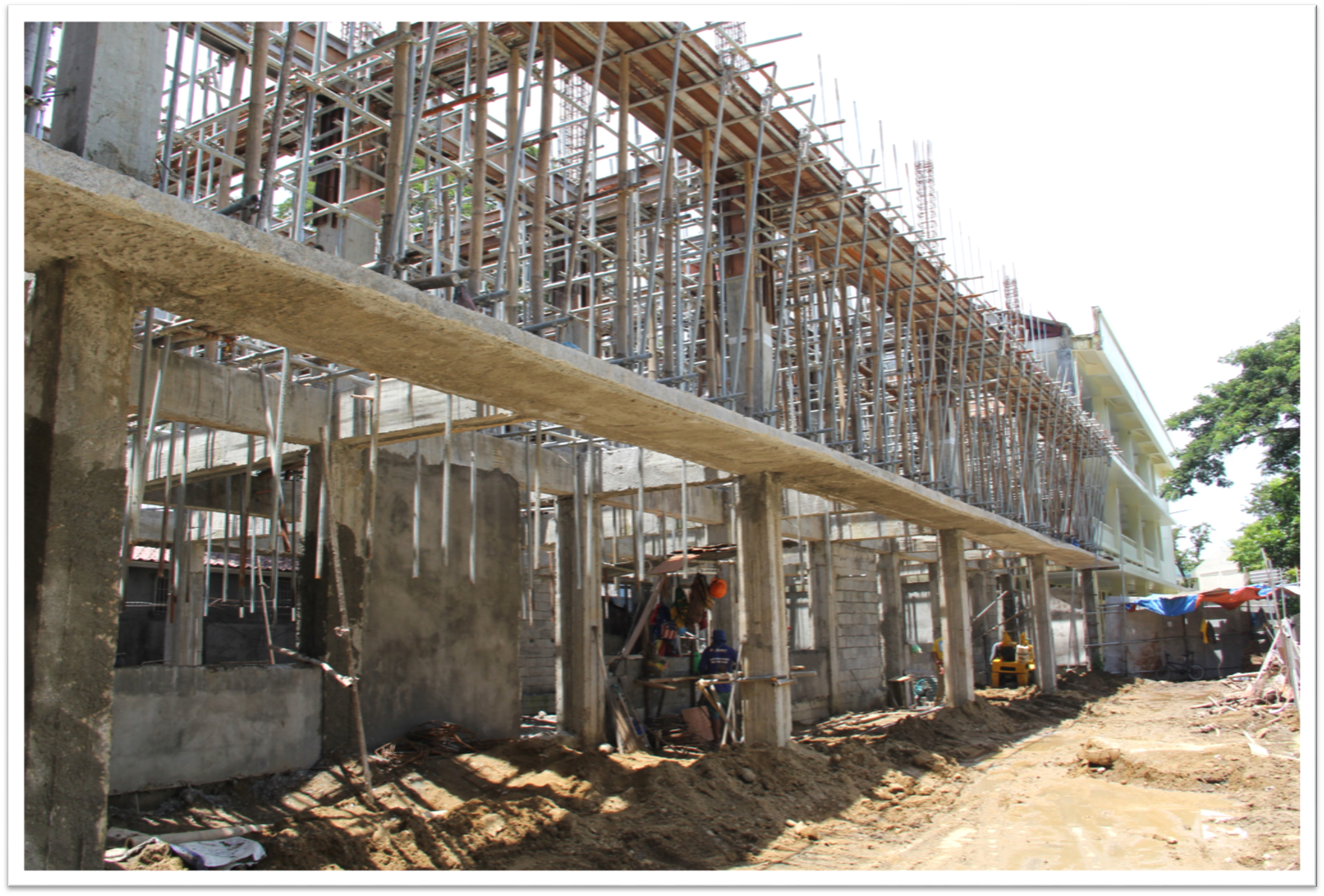
The on-going construction of the building that will house the College of Education and the Laboratory School.
The implementation of the K-12 program in the Laboratory School was announced in the meeting. College of Education (COE) dean, Dr. Ma. Asusina Asuncion E. Echaveria said that the Department of Education (DepEd) already gave the approval to start the program for the next school year. Dr. Raul F. Muyong added that Tech-Voc (Technical-Vocational), STEM (Science,Technology, Engineering and Mathematics) and HUMSS (Humanities and Social Sciences) tracks will be offered. He further informed the students that the Laboratory School and the COE will transfer to the new building upon its completion.
A student from the College of Engineering and Architecture (CEA) raised the issue on shortage of stools in the laboratory. CEA dean Dr. Russ Allen Napud explained that the department prioritized the purchased of 200 drawing tables amounting to 900 thousand pesos in the previous purchases and a request for supplemental budget for 200 chairs will be submitted to the Administrative Council in the next meeting. He also made mention of the misdemeanor of some students resulting to damage to the university’s property. Dr. Napud reminded them that school facilities should be handled with care and responsibility.
 The inconvenience brought by floods and the heat of the sun in going to or coming from the new site was also discussed. The university president lamented the situation and laid down the plan to construct the access road (overpass) connecting the two campuses. The Department of Budget and Management already approved the 15 million budget for its construction and is scheduled by January 2017.
The inconvenience brought by floods and the heat of the sun in going to or coming from the new site was also discussed. The university president lamented the situation and laid down the plan to construct the access road (overpass) connecting the two campuses. The Department of Budget and Management already approved the 15 million budget for its construction and is scheduled by January 2017.
Other concerns on the teachers’ attendance, handling of classes, manner of giving examinations and grades, refunds and repair of school facilities were referred to the deans and department heads for appropriate actions. Students with problems on their teachers and other personnel were requested to see the deans for verification and necessary actions on their complaints.
Dr. Carmelo V. Ambut, Vice Pres. for Research and Extension suggested that an accomplishment report of the discussion will be presented in the next dialogue to see if the concerns were addressed
by the administration. Dr. Mergie Gasataya, Secretary to the Board requested the SR for a copy of the minutes of the dialogue to make sure that all issues were noted by both parties.
Dr. Raul F. Muyong assured the students that whatever matters taken up in the dialogue will be calendared for the next Administrative Council meeting and be addressed the soonest time possible.
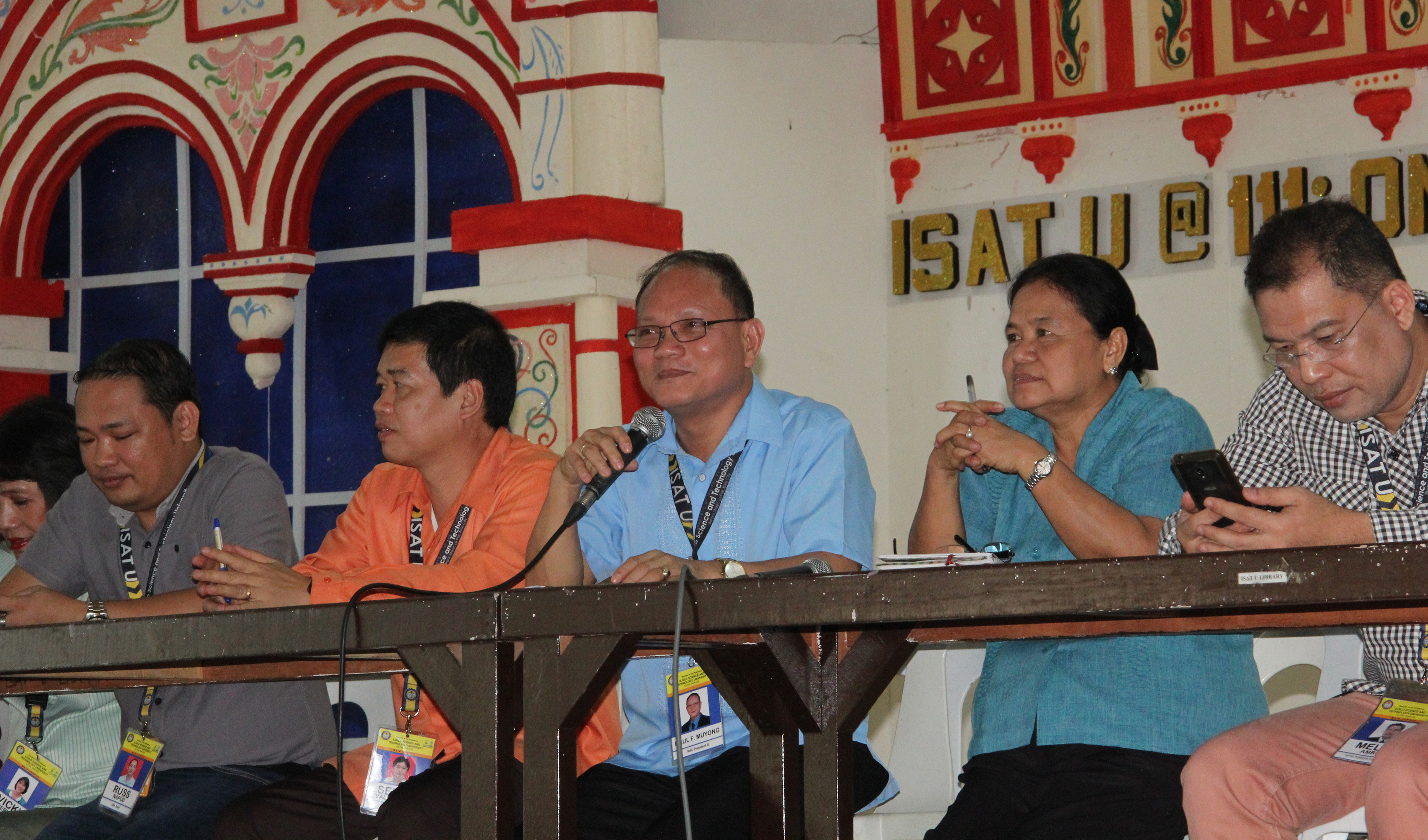
The Administrative Council headed by Dr. Raul F. Muyong (center) listens and commits to attend to the students’ concerns.
